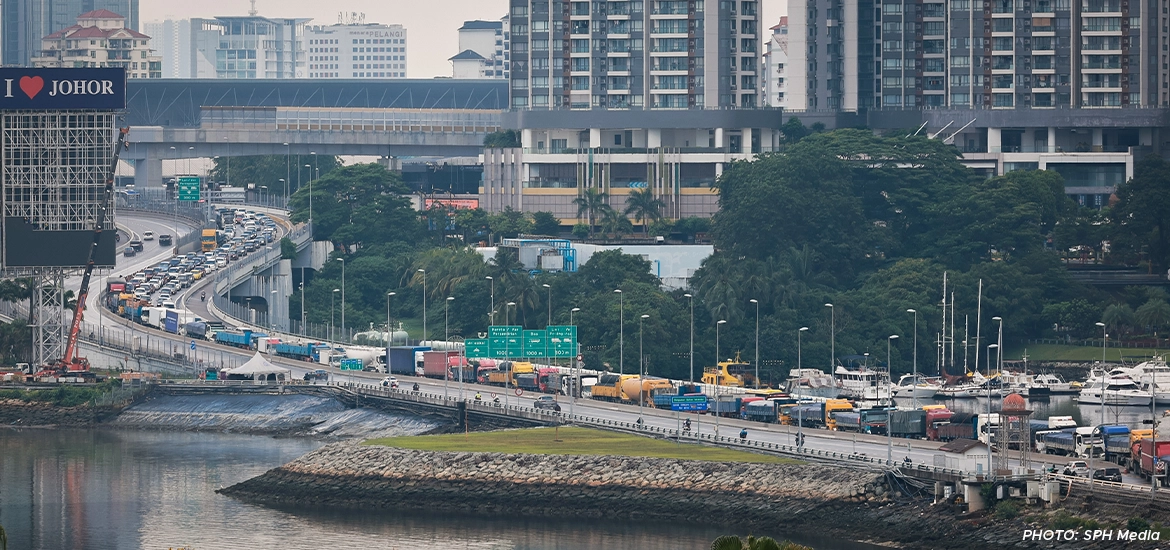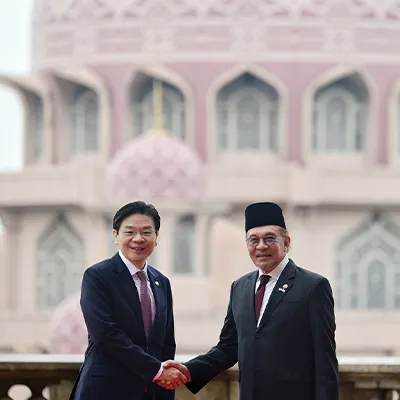Experts say shipments were weaker because the rush to ship final orders before the US tariffs kicked in has started to taper.
“Therefore, we want to be very clear-eyed. We know that the economic situation is precarious, and we may be going into winter,” Mr Tan said at the event, jointly organised by professional services firm KPMG in Singapore and the British Chambers of Commerce in Singapore and Malaysia.
Also, it is not just the country-specific tariffs that may impact orders, but also potential sectoral tariffs on pharmaceuticals and semiconductors, he added.
He said: “With this backdrop, it is more important, then, that countries are like-minded, businesses are like-minded, and we compete together. That is the essence of why we are doing the JS-SEZ.
“The whole point about this is to tap complementary strengths between Singapore and Johor.”
He added that while Singapore’s strength lies in its stable political environment, rule of law, and a strong financial sector, it lacks land and natural resources.
“Johor’s land and natural resources will come into play and complement Singapore’s strengths. It allows for Johor and Singapore to better compete for global investments together. That is the value proposition,” he said.
Many companies are already benefiting, by twinning their operations at the JS-SEZ or growing their businesses and developing new capabilities.
For instance, Mr Tan said, Paris Baguette – owned by South Korea’s food conglomerate SPC Group – chose to site its halal manufacturing plant in Johor, while establishing its regional headquarters and innovation centre in Singapore.
He also mentioned Singapore’s Agrocorp International, which is expanding its footprint in the region, having joined hands with Japan’s leading dairy company Megmilk Snow Brand to form a joint venture called Agro Snow in 2023.
The joint venture is developing a new protein extraction facility in Johor’s Tanjung Langsat industrial area to manufacture protein and starch products from climate-friendly crops.
However, the plant in Johor will use a protein extraction technology which was developed by Agrocorp in Singapore with the Singapore Institute of Technology, said Mr Tan.
“So you see this complementary play coming into fruition – you manufacture in Johor, and you have the R&D and IP (intellectual property) protection in Singapore.”
Mr Yap Wee Kee, partner of the capital markets group at KPMG in Singapore, said at the event that there is evidence that JS-SEZ has the potential to reshape competitiveness in sectors such as advanced manufacturing, data centres, oil and gas, speciality chemicals food processing, and green solutions.
“From what we see today, the outlook is encouraging. The opportunities are plentiful,” he said.








